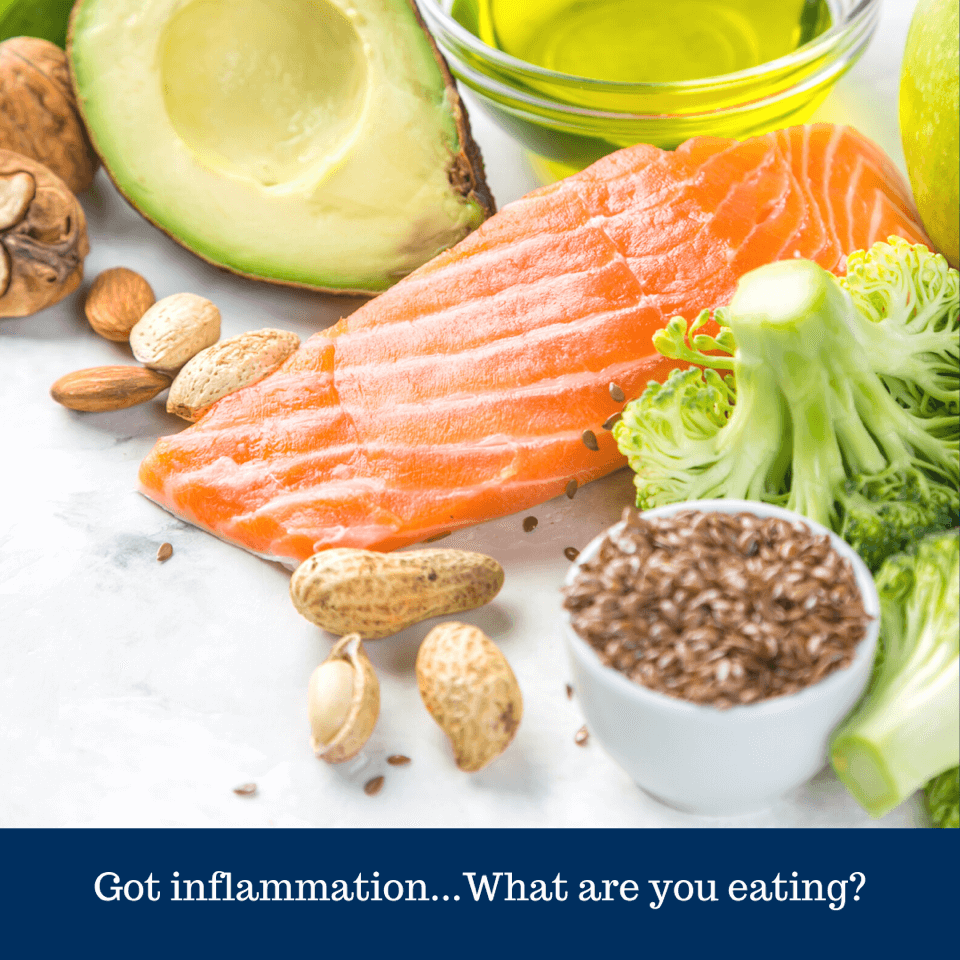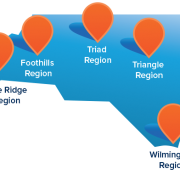
What is an anti-inflammatory diet and who needs it?
It is a new year and many people are making resolutions to lose weight. Part of the weight loss equation is taking in less calories. However, there are other benefits of following a diet in addition to weight loss. An anti-inflammatory diet is not a specific diet like Atkins, Mediterranean, DASH, but rather it is eating specific foods that are known to decrease inflammation. In general, an anti-inflammatory diet incorporates, fruits and vegetables, foods with omega-3 fatty acids, whole grains, lean protein, healthy, unsaturated fats, and spices. An inflammatory consists of processed foods, red meats, and alcohol. Sugary foods are known to increase inflammation and are to be avoided. Many plant based foods are full of anti-oxidants which are chemicals that neutralize free radicals in our body’s cells. Free radicals are nature’s products that can injure our cells which causes cell death or cell dysfunction. Therefore, many of the popular diets that can help people lose weight recommend food that are also great anti-inflammatory foods.
An anti-inflammatory diet can help patients who have the following diseases which may or may not be seen in our orthopedic practice: rheumatoid arthritis, psoriasis, asthma, Crohn’s disease/Ulcerative colitis (inflammatory bowel disease), lupus (SLE), metabolic syndrome (obesity, Type II diabetes, Hypertension). Since most of our patients have joint or spine pain, then it makes sense to think that following an anti-inflammatory diet is an easy and natural way to treat the pain of osteoarthritis.
What foods should we eat?
Oily fish, such as tuna or salmon, fruits such as blueberries, blackberries, cherries, vegetables like kale, spinach, broccoli, beans, nuts and seeds, olive oil, fiber, ginger and turmeric, probiotics, and tea.
What foods should we avoid?
Processed foods, foods with added sugar, unhealthful oils (peanut, canola, corn), processed carbohydrates like white bread and white pasta or baked goods, processed snack foods like chips and crackers, cookies, ice cream, candy, and excess alcohol.
If you have any questions about what to eat, EmergeOrtho Triad Region provider, Carol Knowles, PA-C, who has an interest in diet and neutraceutical medicine.
Author: Richard D. Ramos, MD







